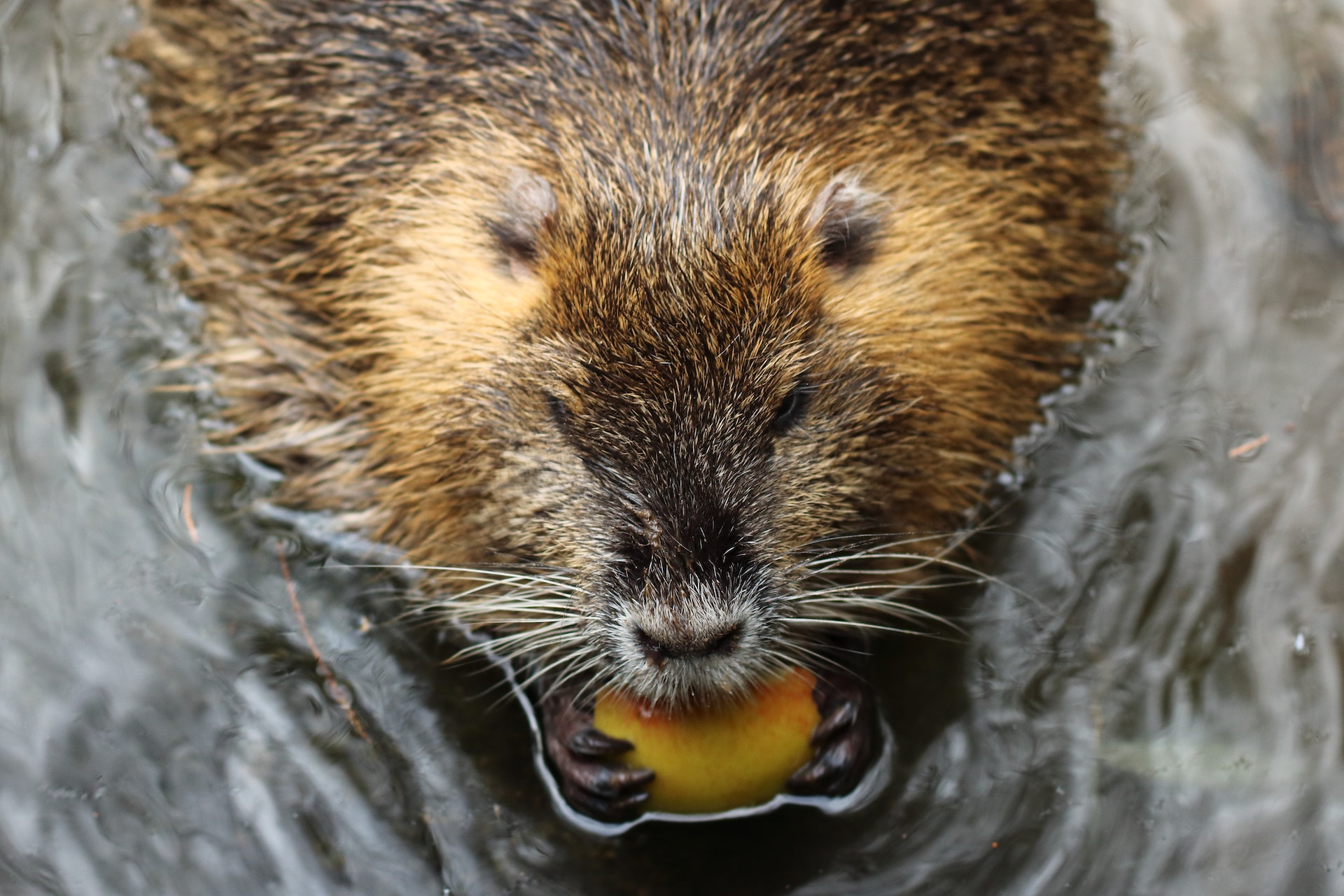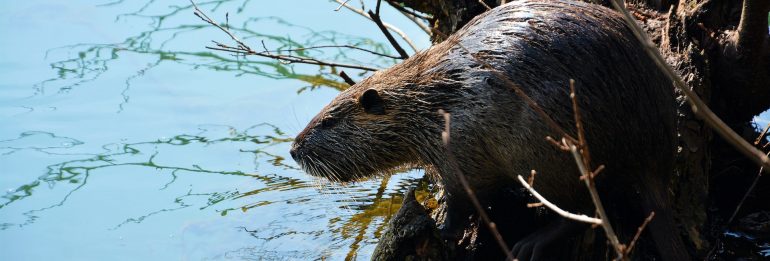In the midst of London's ever-evolving urban sprawl, an ancient resident has made a remarkable return to the city's waterways and wetlands. For the first time in over four centuries, beavers—once driven to the brink of local extinction—have taken residence in the city's natural spaces, notably Ealing’s Paradise Fields.
This week, Londoners have been buzzing with excitement at the prospect of 'beaver safaris'. These trips promise a rare opportunity to observe one of Europe’s largest rodents as they shape the environment in the heart of a metropolitan city.
History Rewritten: The Beaver’s Return
Beavers, prized for their rich fur and meat, were extensively hunted, leading to their tragic disappearance from England during the 16th century. Now, after persistent and successful breeding efforts spanning a decade, they have been reintroduced to the city.
The recent release of a family of five Eurasian beavers into Ealing's Paradise Fields is part of a broader mission to embrace rewilding. London's rewilding initiatives have gained momentum, with 22 projects sharing an impressive rewilding fund of around £850,000, as announced by Mayor Sadiq Khan on World Rewilding Day.
Speaking about the venture, Khan emphasized the city's commitment to biodiversity. “Despite the harm inflicted on the natural world, we have the power to make amends," he noted, adding that London aims to lead the way in "reversing the trends of declining biodiversity and the destruction of nature."
Beavers: More Than Just Rodents
The rationale behind reintroducing beavers goes far beyond simply bringing back a lost species. Beavers are often heralded as ‘ecosystem engineers’, responsible for creating and maintaining habitats that support a plethora of other wildlife.

Dr Sean McCormack, chair and founder of Ealing Wildlife Group, shed light on the transformative power of these industrious rodents. “Beavers aren't just wilderness species. We’ve simply forgotten how closely we coexisted and how their activities culminate in a thriving ecosystem," he said.
The benefits are multifold. The wood beavers transport into water sources serves as sustenance and refuge for insects, subsequently attracting a diverse array of fish and birds. Additionally, their dam-building habits can transform the landscape, producing wetlands and marshy meadows—habitats that are essential for numerous species.
Combatting Urban Challenges
Beyond environmental benefits, beavers offer practical solutions to urban challenges, notably flooding. Paradise Fields has a history of flooding, which often adversely impacts the local Greenford Tube station. The beaver's innate dam-building skills and their proclivity to carve out new water channels can regulate water flow, potentially preventing rapid flooding in city parks.
Data from the River Otter Beaver Trial in Devon supports this, showing beavers reducing flood flows by up to a staggering 60%. Professor Alastair Driver, Director of Rewilding Britain, champions beavers as an organic solution to urban environmental challenges. “Rewilding is essential for addressing the nature and climate crises," he says, "and beavers can facilitate this rewilding in river and wetland areas without any associated costs.”
Looking Ahead: A Protected Future for Beavers
England's newfound appreciation for beavers isn't just symbolic. These animals are now under governmental protection, making it illegal since October 2022 to harm or disturb them intentionally.
As Britain embraces its beaver population, it can draw inspiration from its European neighbours. Sweden, after reintroducing Eurasian beavers a century ago, boasts a population of over 150,000. Similarly, Norway and Germany, which reintroduced beavers in the 1960s, have thriving populations, standing at around 80,000 and 40,000 respectively.
In conclusion, London's initiative to reintroduce beavers showcases a harmonious coexistence between urban life and nature. As the city embraces these eco-engineers, it takes a bold step towards a more sustainable and biodiverse future.
©eco-guardians.org





